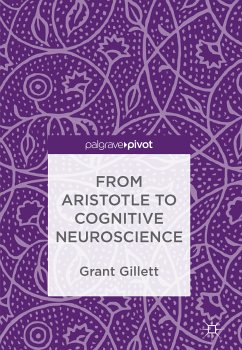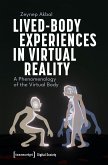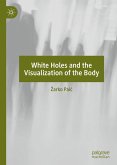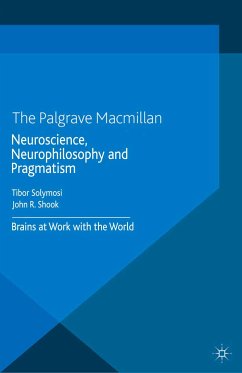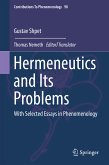In a fascinating account, the author integrates the history of philosophy of mind and phenomenology with recent discoveries on the neuroscience of conscious states. The reader can trace the development of a neuro-philosophical synthesis through the work of Aristotle, Kant, Wittgenstein, Husserl, Merleau-Ponty, Brentano and Hughlings-Jackson, among others, and so explore contemporary philosophical puzzles surrounding consciousness and its relation to cerebral synchrony and connectedness.
Of interest to students and scholars of neuroethics, neurophilosophy and philosophy of mind, as well as philosophy of psychiatry, From Aristotle to Neuroscience demonstrates the real essence of consciousness as it increasingly connects with philosophy, law, morality, aesthetics, and spirituality.
Dieser Download kann aus rechtlichen Gründen nur mit Rechnungsadresse in A, B, BG, CY, CZ, D, DK, EW, E, FIN, F, GR, HR, H, IRL, I, LT, L, LR, M, NL, PL, P, R, S, SLO, SK ausgeliefert werden.

